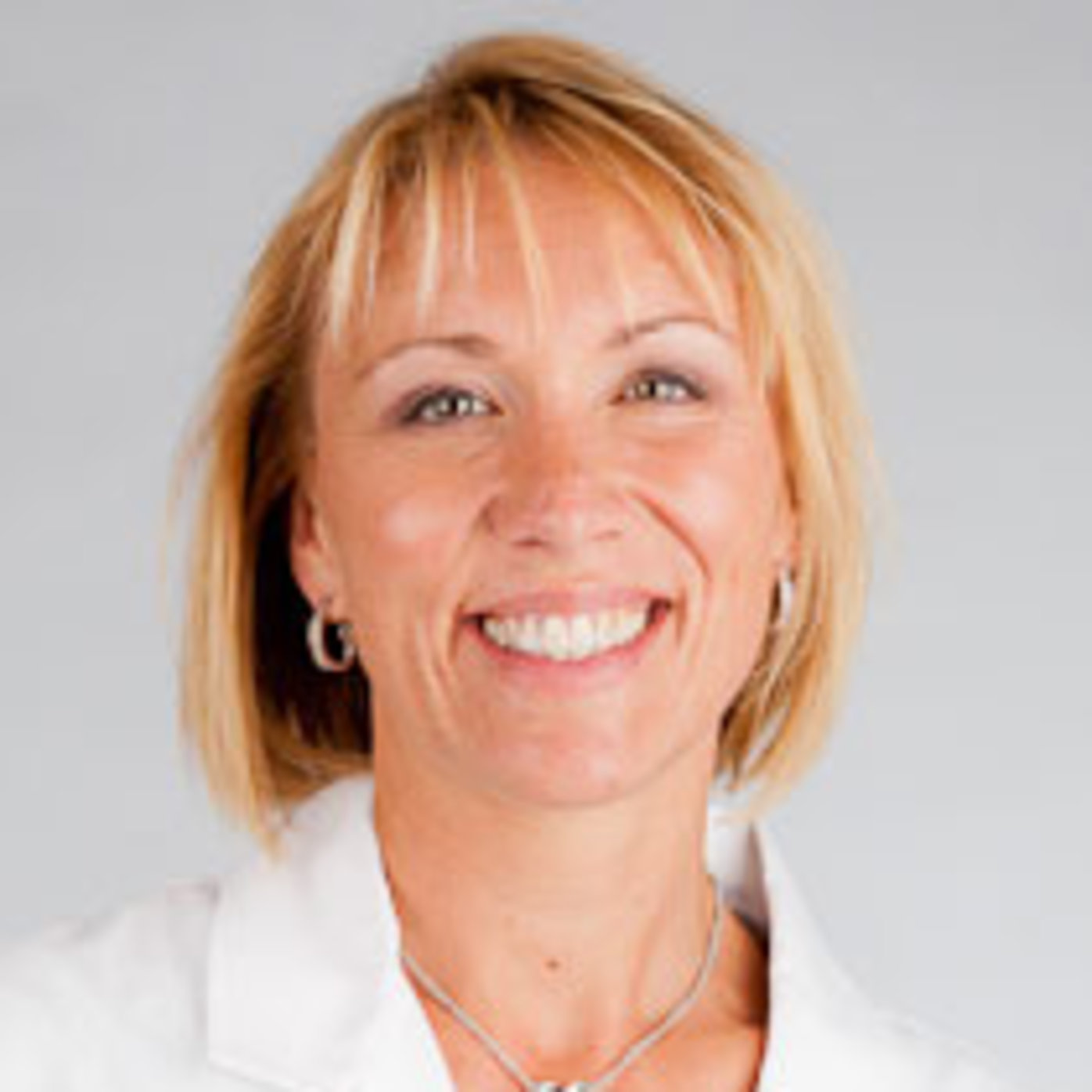
San Diego’s first comprehensive neuroscience hospital opens
Sharp Grossmont Hospital for Neuroscience brings cutting-edge technology and advanced brain and spine care close to home for San Diegans.
Brian Sack knows how to live life to the fullest. He works hard; serves on the board of several organizations; regularly runs, bikes and paddle boards; coaches soccer; and strives to be an awesome dad. He also understands exactly what it takes to ensure he can continue to do all of these things for a long time to come — including regular screenings for colon cancer.
Brian, age 55, has a family history of colon cancer, the second leading cause of cancer-related death in men and women combined in the U.S. His father died from the disease in his 70s because it was not discovered early enough for full treatment. Brian is determined to avoid the same fate, and he’s making sure the people he loves do the same.
“If you have a family history of colon cancer, do regular screenings,” Brian says. “If not for yourself, then do it for your family — do it for your kids.”
The power of early detection
Brian took an at-home fecal immunochemical test (FIT) at the recommendation of his primary care provider. FIT kits, provided by a doctor or laboratory, allow people to conveniently screen for colon cancer in the privacy of their home.
Brian’s test results showed some abnormalities, leading to a follow-up colonoscopy — a visual examination of the lining of the rectum and colon using a flexible fiber-optic endoscope. During the procedure, Dr. Alissa Speziale, a gastroenterologist affiliated with Sharp Rees-Stealy, found precancerous polyps — small clumps of cells — which she was able to remove. Unfortunately, a cancerous mass was also detected, and Brian was scheduled for surgery to have it removed.
“I tell everyone that I consider my diagnosis and surgery good news,” Brian says. “It means the cancer was caught early and is treatable. There’s power in early detection.”
The cancerous mass was successfully removed by Dr. Pamela Lee, a colon and rectal surgeon with Sharp Rees-Stealy and affiliated with Sharp Memorial Hospital. After his surgery, Brian met with Dr. Kristen Rice, a board-certified hematology and oncology doctor with Sharp Community Medical Group. Together, they discussed the treatment plan, including three months of chemotherapy, to ensure Brian’s cancer is stopped in its tracks.
“I am so impressed with all of my treatment at Sharp,” Brian says. “From my time in the hospital to the care of each of my doctors and even the FollowMyHealth app, it’s always such a great experience.”
It shouldn’t be a secret
Brian is committed to sharing his story, especially with those he loves, to ensure they remain healthy.
“I’m talking to my kids, cousins, nephews, friends — I’m telling everyone about my diagnosis and treatment,” he says. “I don’t get why people keep their colon cancer a secret. I found out at least five people I know have had colon cancer, and I didn’t even know.”
After hearing Brian’s story, a friend scheduled his first colonoscopy. Like Brian, he discovered he had polyps and will require surgery. Additionally, Brian’s four brothers heeded his advice, and just one out of the four was polyp-free during their screenings.
“My letting people know about my experience is sending them to the doctor — and maybe even saving some lives,” he says. “I’m generally healthy, exercise regularly and I’m a positive person. If it can happen to me, it can happen to anyone. Just get the colonoscopy.”

The Sharp Health News Team are content authors who write and produce stories about Sharp HealthCare and its hospitals, clinics, medical groups and health plan.

Dr. Alissa Speziale is a gastroenterologist with Sharp Rees-Stealy Medical Group and affiliated with Sharp Memorial Hospital.
Our weekly email brings you the latest health tips, recipes and stories.